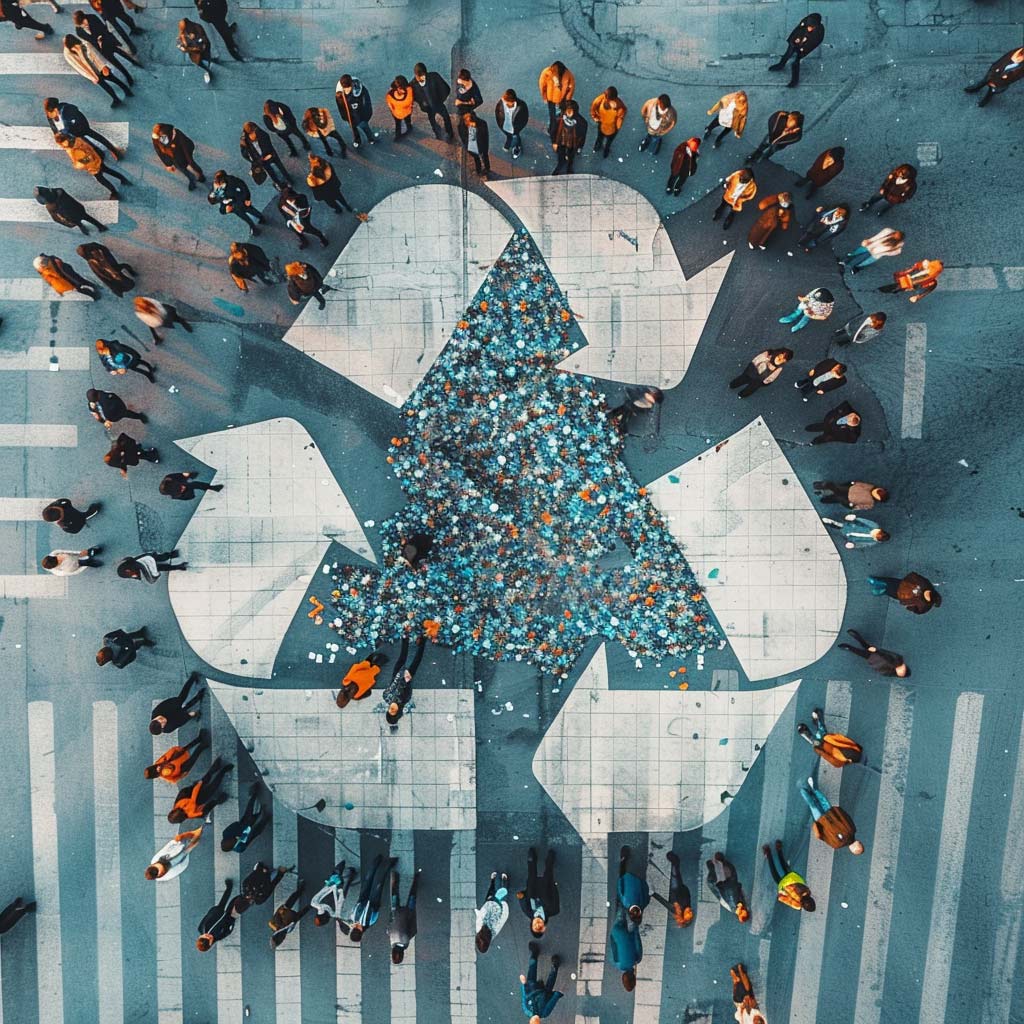DefenceTech 🪖
Given the situation in our region and many parts of the world, this area of innovation is set to grow in the future. One local sign of this is not only SAAB’s involvement but also Linköping’s LEAD incubator’s accelerator program focused on civil-military strategies, known as dual use. Another indicator is NATO’s venture capital firm, which for the first time participated in the Go West matching and investor event in Gothenburg last year. We’re also seeing growing interest in drones, robots, and smart surveillance systems, not just within the defense industry but also for civilian use.
EU Legislation, Directives, and Reporting Standards 🇪🇺
Ongoing EU legislation, directives, and reporting standards will, in various ways, impact businesses and how they approach sustainability. For example, the new sustainability reporting standard (CSRD), which will apply to more companies starting in 2025, is still a bit of a mystery in terms of its effects. However, it’s clear that it will require significant effort from individual companies. It’s now up to the EU to prove whether these directives will actually make a difference in corporate sustainability efforts or just add more bureaucracy. Ursula Von der Leyen has already suggested the possibility of merging some sustainability reporting directives, which could lead to renegotiations in the European Parliament and potentially a weakening of parts of The Green Deal. Another key issue is how the political instability in France and Germany will affect the EU, as well as how relations between the EU, the US, and the rest of the world will evolve. Donald Trump has already announced that he plans to scrap the Inflation Reduction Act, the US counterpart to the EU’s Green Deal, should he return to power.
New Situations and Crises Foster Innovation 🗺️
While no one knows exactly what new crises, challenges, or events we will face in 2025, one thing is certain: humanity tends to be most creative and solution-focused when we need to resolve a challenge quickly. A concerning trend is that climate change is becoming increasingly evident, and 2024 was the hottest year on record globally. Perhaps, as the climate crisis becomes more acute and hits closer to home, it will awaken humanity’s true innovative potential and drive for change? When the pandemic struck, major pharmaceutical companies came together and developed the groundbreaking mRNA vaccine technology in record time. This shows that we can accomplish great things when we truly need and want to. Could 2025 be the year we finally start seeing real change?






